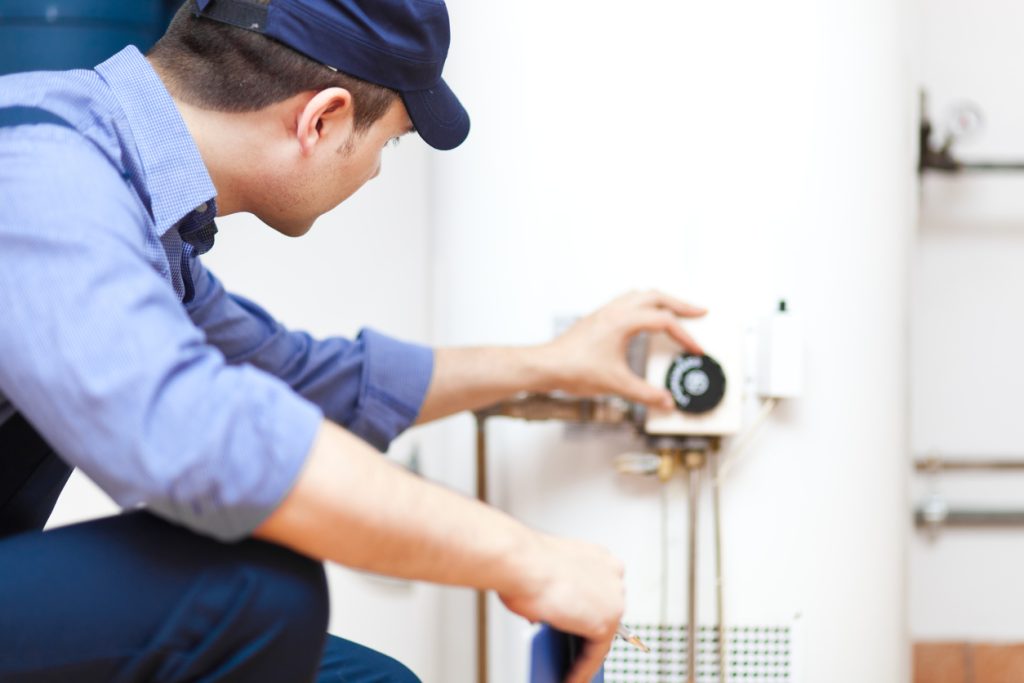Water heaters are a common appliance in many homes around the world. They help to provide hot water for showers, dishwashing, and laundry as well as other household tasks. However, there’s much more to these machines than meets the eye. If you’re looking to understand more about water heaters, we have all the must-know facts right here.
1. There Are Different Types of Water Heaters
There are three main types of water heaters: tankless, traditional tanks, and heat pump models. Tankless water heaters are more efficient than traditional tanks since they don’t store hot water, relying instead on energy to heat as needed. Heat pumps transfer heat from the air or ground to your water tank, reducing the amount of energy used. These models are also more energy-efficient than traditional tanks.
2. Water Heater Efficiency Is Measured by the Energy Factor (EF)
The energy factor of a water heater is a measure of its efficiency. This number describes how much heat output is produced from each unit of fuel input. The higher the EF rating, the better a water heater’s efficiency. The Federal Trade Commission (FTC) requires all new models to have an EF rating of at least 0.62 for electric water heaters and 0.67 for gas-powered units.
3. Water Heaters Should Be Insulated
Insulating your water heater is an important part of saving energy and money. An uninsulated tank loses heat quickly, leading to higher energy costs. Adding insulation to the exterior of the tank and piping can reduce standby heat losses by up to 25%. Thermal insulation is also a great way to help keep your water hot and save on energy costs.
4. Water Heaters Need Regular Maintenance
It’s easy to overlook maintenance on your water heater, but it’s important to remember that they need regular care. This includes checking the temperature and pressure relief valves, drain valves, and anode rods. An annual inspection is recommended as part of a larger home maintenance plan.
5. Water Heaters Can Last 10 to 15 Years
With proper maintenance, most water heaters can last about 10 to 15 years. To help extend the lifespan of your water heater, choose a high-efficiency model and remember to have it inspected regularly. This will ensure that you get the most out of your water heater and can help to avoid costly repairs or replacements.
If you own a water heater, understanding the basics of its technology and keeping up with regular maintenance can help you to get the most out of your appliance. But proper maintenance is a team effort. You should also consult with a qualified technician for additional information and advice. Learn more about water heaters in Yuma, AZ by contacting PHD Plumbing today.

